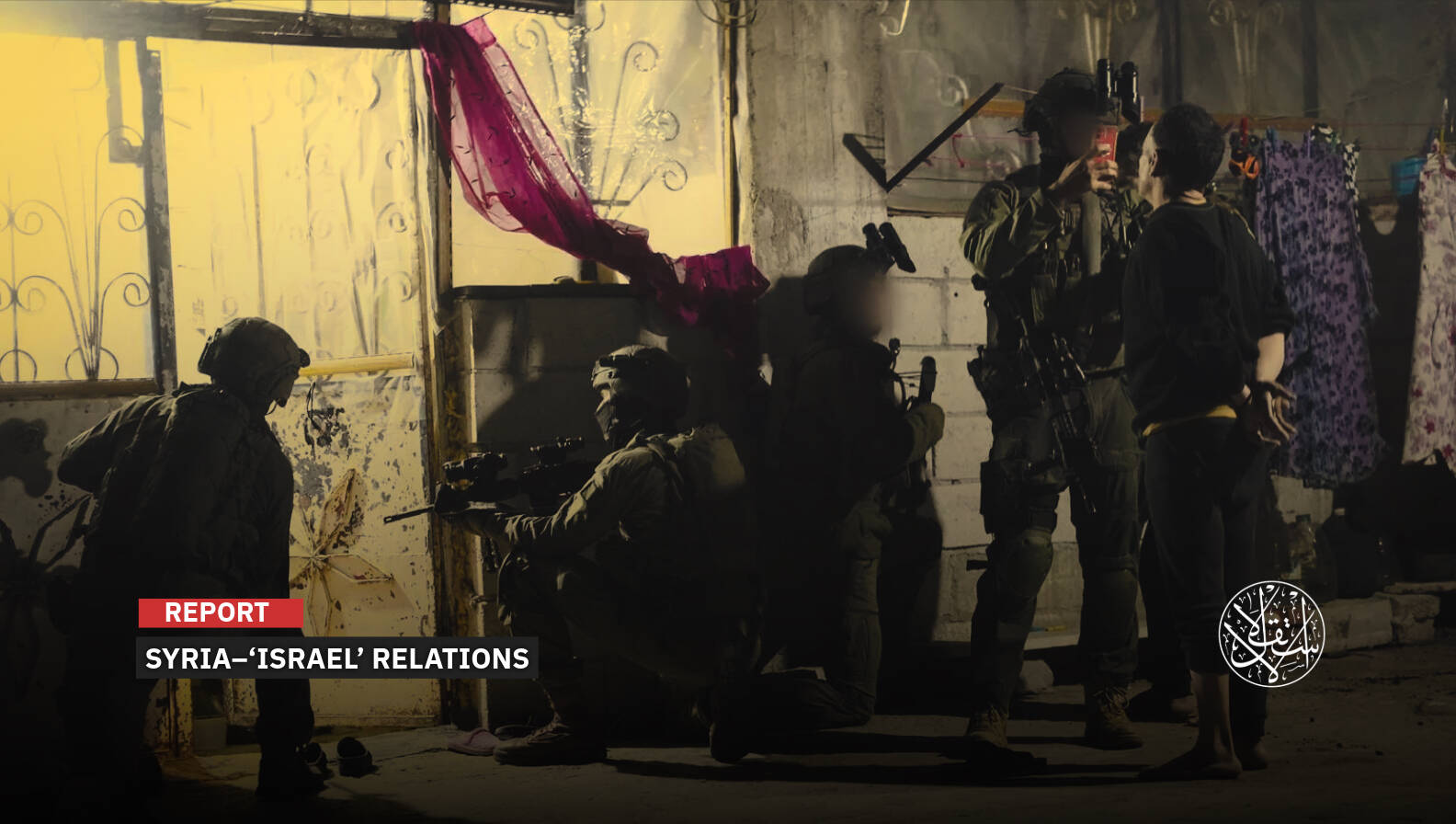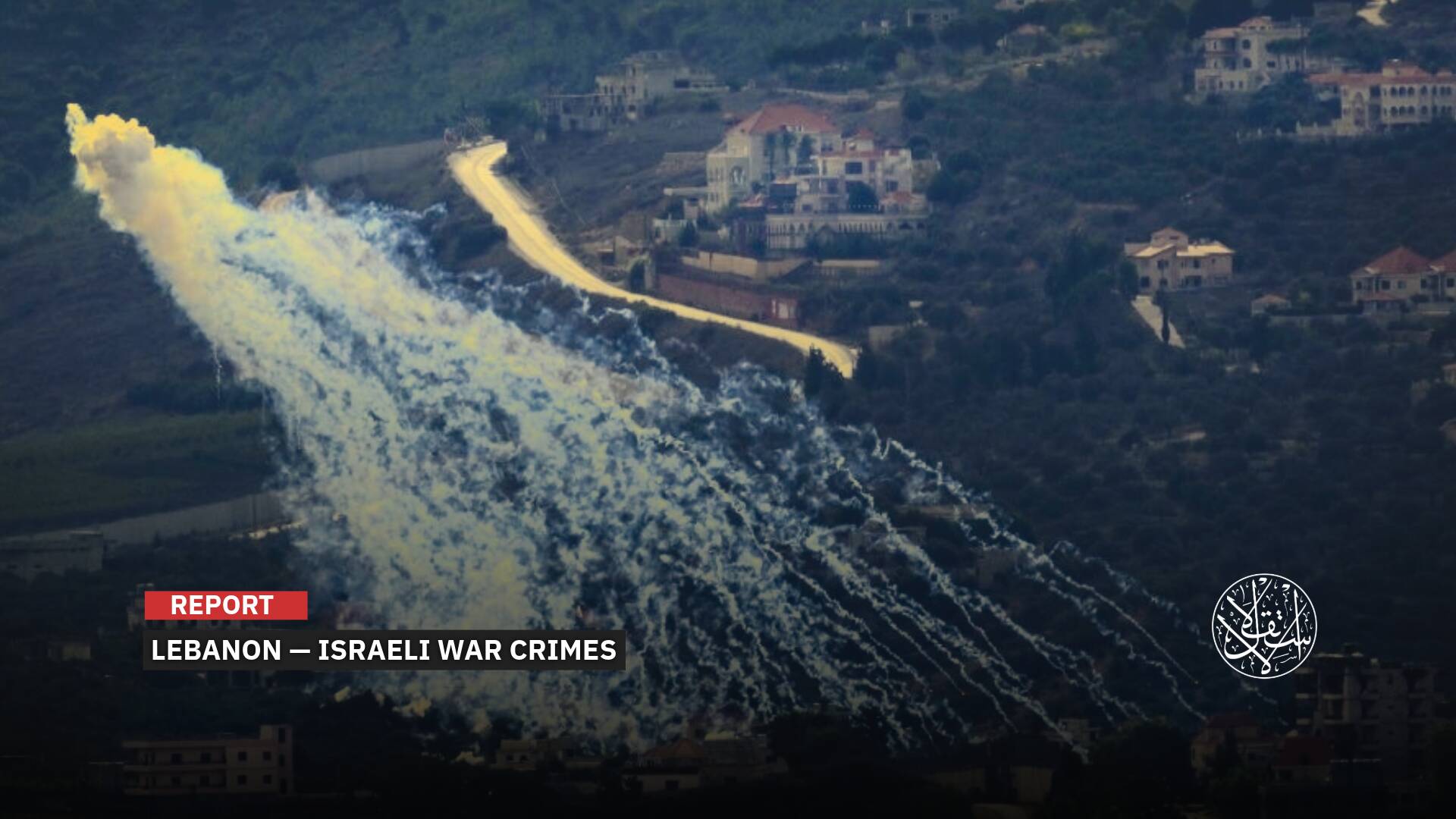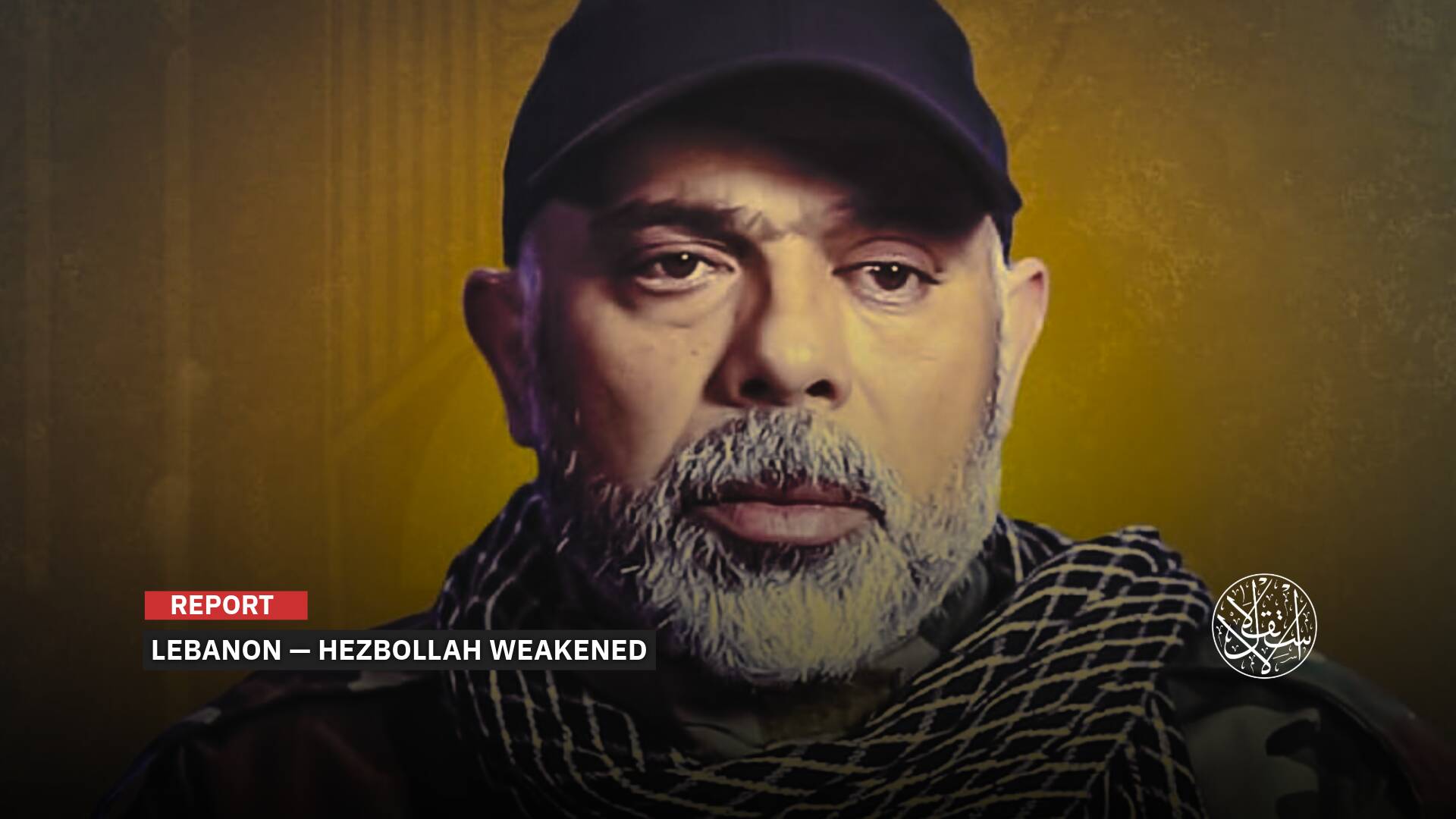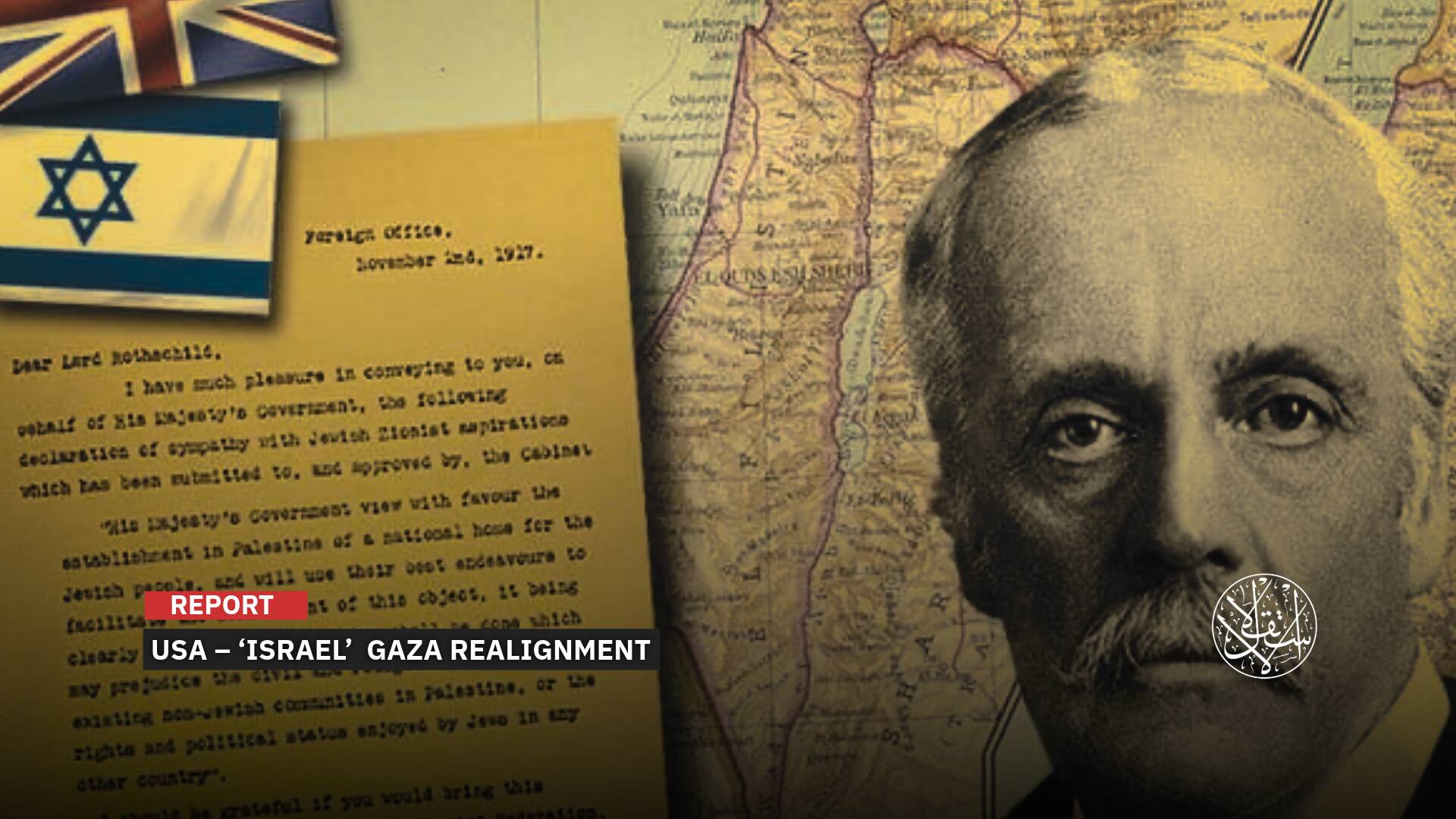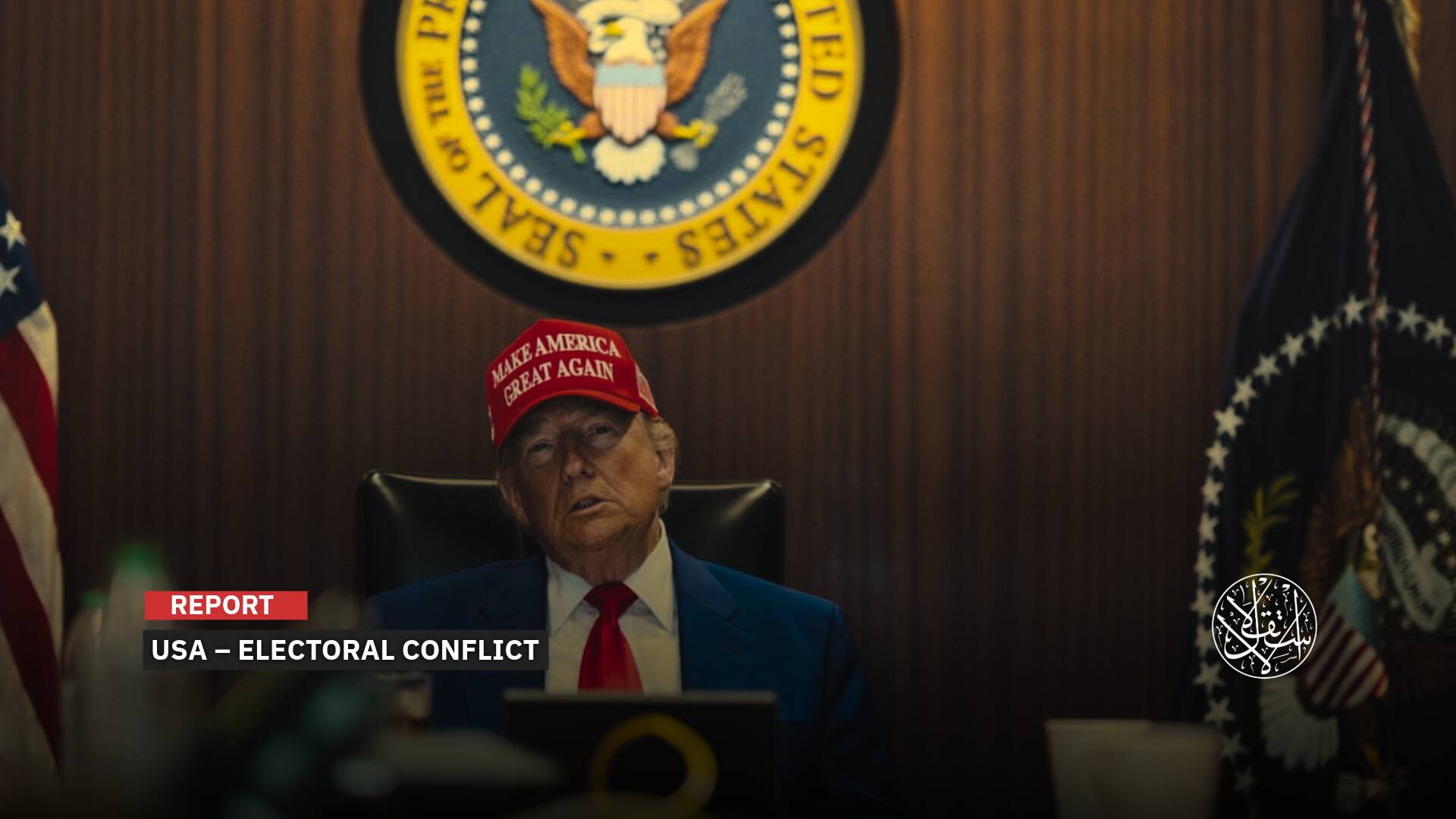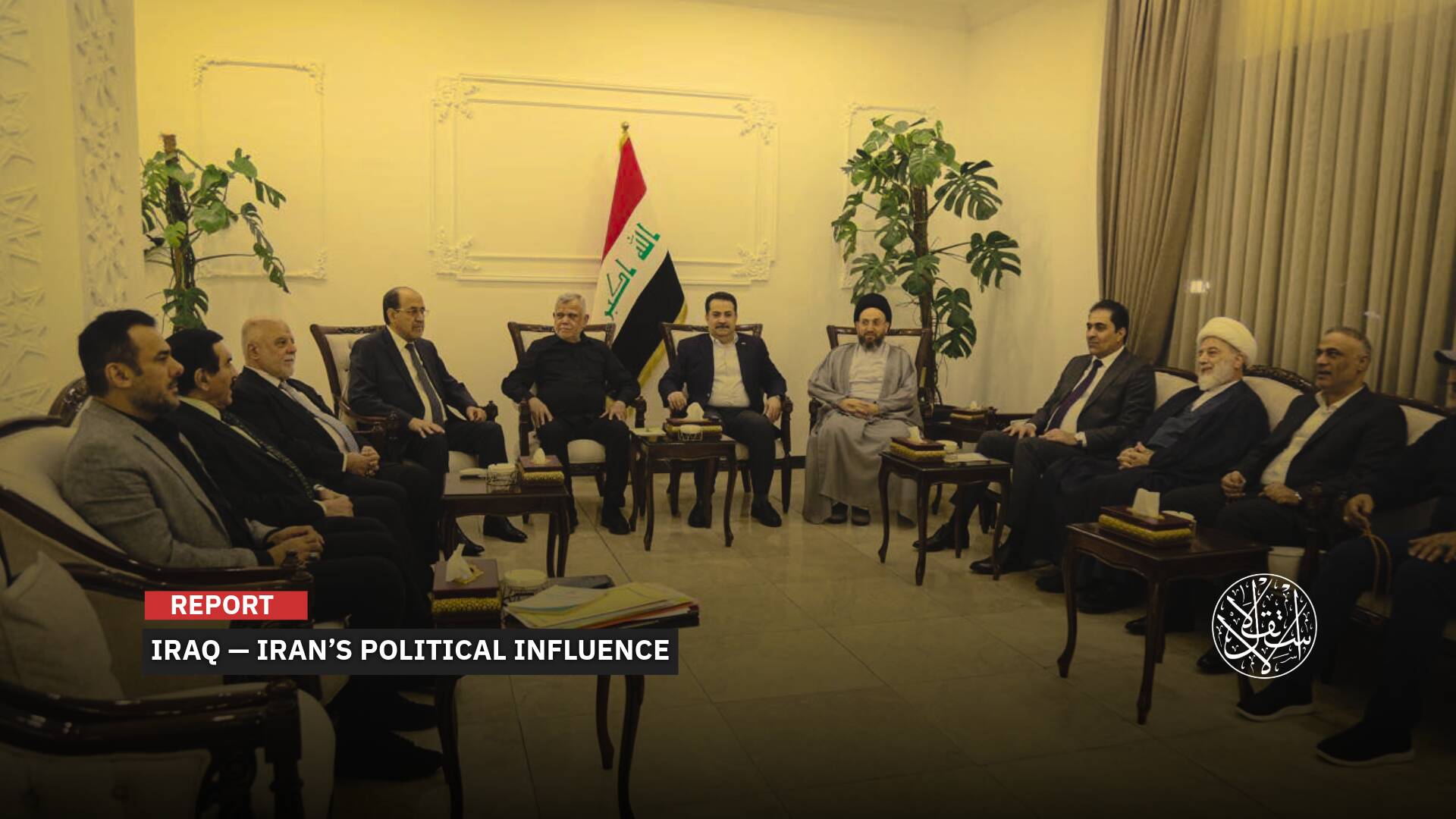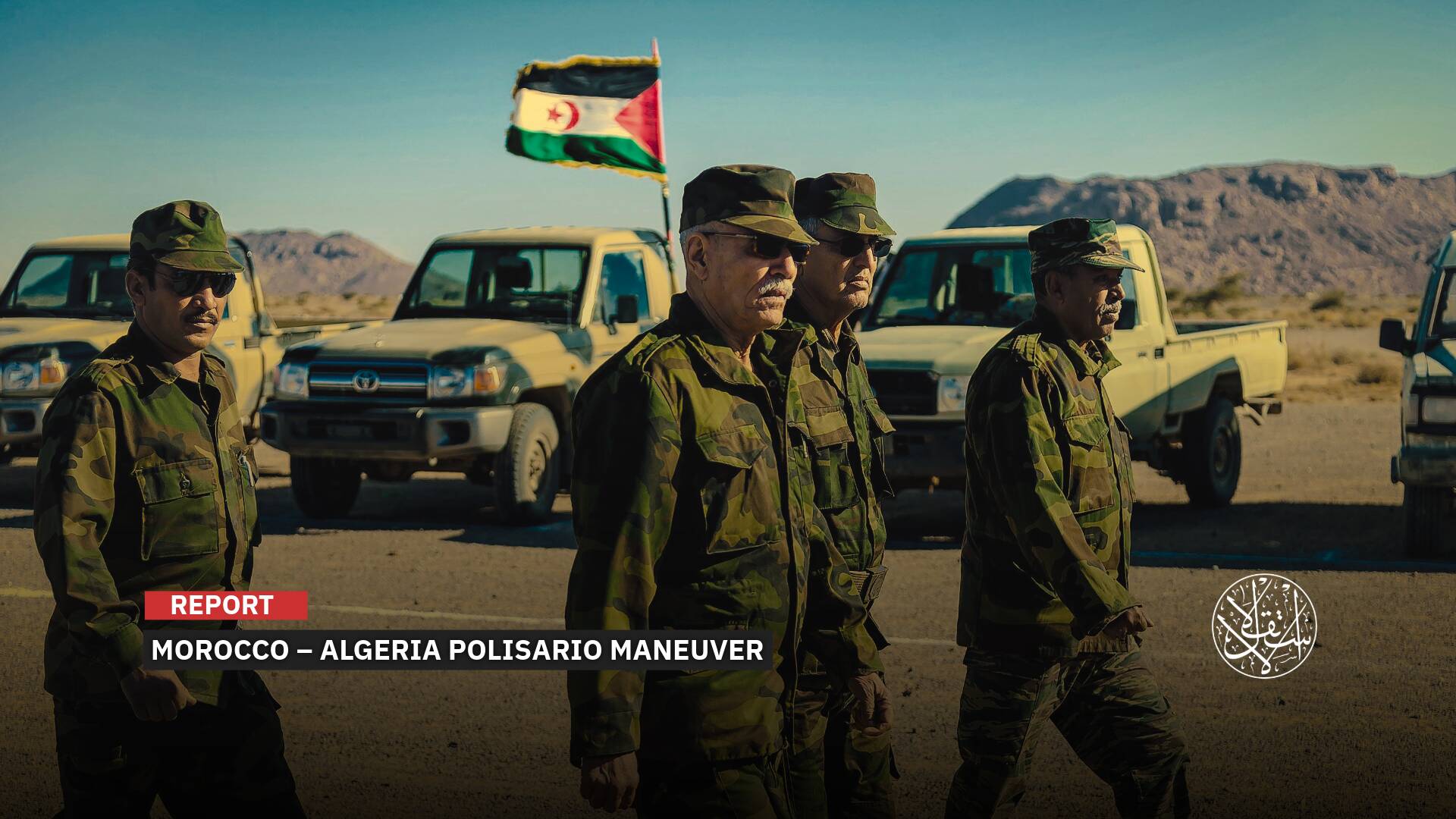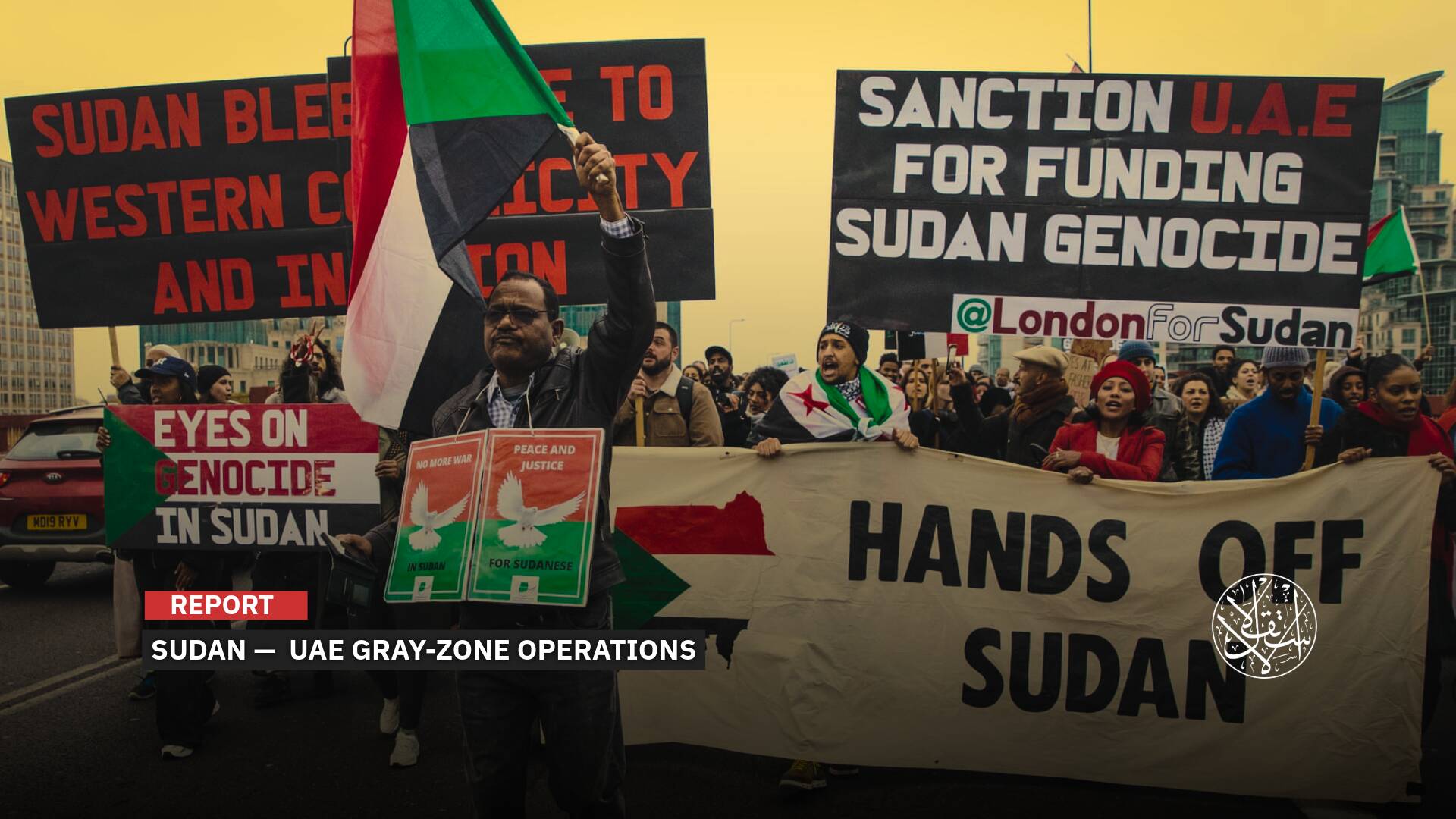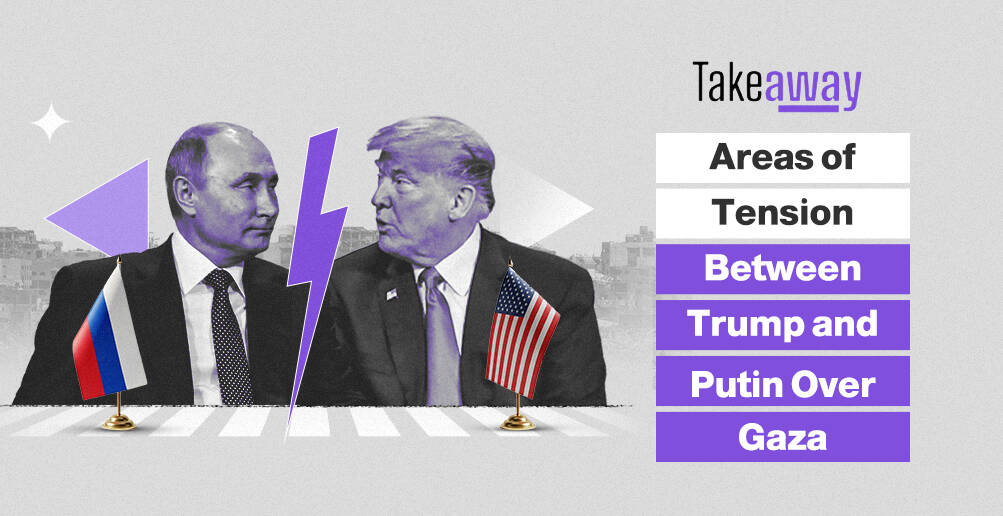Upcoming National Conference: Shaping the Future of Post-Revolution Syria

Our priority is to ensure Syria avoids the pitfalls of sectarian power-sharing.
Syrians are eagerly awaiting the next step following the establishment of a transitional government after the fall of Bashar al-Assad's regime: a call for an “inclusive national conference for all Syrians.”
The Military Operations Command, which oversees the Syrian opposition factions that united on November 27, 2024, to topple Assad, is preparing to announce the date for the national conference in Damascus.

National Conference
On December 19, 2024, Ahmed al-Sharaa, head of the Military Operations Command outlined three critical phases for Syria following the fall of Bashar al-Assad.
The first involves the transitional government assuming its duties, followed by convening an inclusive national conference. This conference is expected to address key issues such as dissolving the current constitution and parliament and forming an advisory council to fill the legislative and constitutional void until elections can be held.
In an interview with the BBC, al-Sharaa emphasized the Syrian people's right to elect their representatives, stating that coexistence is essential in Syria and no group can exclude another. He also highlighted the importance of drafting a social contract to safeguard the rights of all citizens.
Discussions are already underway to organize a national dialogue conference, which will appoint a transitional council to draft a new Syrian constitution. According to media sources, Syria's new leadership aims to form a technocratic government after the transitional government, led by Mohammed al-Bashir, completes its mandate.
The new Syrian administration is working to shape the political transition process with input from all segments of Syrian society.
Local sources told Al-Estiklal that individuals from diverse backgrounds, both within Syria and abroad, have been approached to gauge their interest in attending the national conference, which will be overseen by the transitional government in Damascus.
However, it remains unclear whether the Syrian National Coalition for Revolutionary and Opposition Forces has been invited to participate. On December 18, 2024, the coalition's leader, Hadi al-Bahra, called for creating a secure environment during the transitional phase to draft a new constitution and hold free elections. Speaking from Turkiye, al-Bahra stated that the coalition would dissolve once a national conference convenes and elects a constituent assembly representing all Syrians.
Syrians who oppose a single entity controlling the preparations for the national conference have voiced criticism. Observers stress that the conference must reflect Syria's political, civil, and military factions. Its primary objective is to develop a political program that reinforces the revolution's achievements and defines the future structure of the state.
In earlier remarks from Damascus, Ahmed al-Sharaa reiterated the importance of ensuring there is no sectarian quota system in Syria, underscoring the need for a truly inclusive political framework.

Elite Representation
The formation of a technocratic government in Syria after the fall of Bashar al-Assad’s regime has become a key demand from the public, with calls for it to include both politicians and specialists, built on national consensus.
In this context, Mohamad Hosam Hafiz, a former member of the Syrian Negotiation Commission and a diplomat who defected from Assad’s regime, emphasized the necessity of holding a comprehensive national conference. Speaking to Al-Estiklal from Damascus, Hafiz noted that creating a constituent assembly through elections is currently unfeasible.
Instead, he suggested a national conference with a mixed composition, including elite representation. This would involve technocrats, regional representatives, and figures chosen based on their local significance.
“At the same time, it must also represent the existing political forces. This is the only way to create a national conference that can express the aspirations of Syrians in this new chapter of Syria’s history.”
Mohammed al-Baqai, a researcher and lecturer in political science at universities in northern Syria, also underscored the importance of a national conference during the political transition. He told Al-Estiklal that such a conference is vital but requires specific conditions to ensure its objectives are achieved.
“The aim behind the national conference at this stage is to secure the broadest possible representation of Syria’s diverse communities.” However, al-Baqai acknowledged that achieving complete representation is not currently realistic. Instead, the focus should be on building national consensus around key steps for the next phase.
“A national dialogue conference typically facilitates the formation of structures and committees essential for the transitional period,” he added.
The researcher stressed the importance of political representation for opposition forces, a wide-ranging group that includes both military and political factions instrumental in toppling Assad’s regime.
At the same time, he advocated for geographic-based representation to avoid sectarian or ethnic quotas. “Building on such foundations is not conducive to creating a state of citizenship,” he argued. “Geographic representation, however, is more effective. For instance, ensuring representation for as-Suwayda province inherently includes its communities in the political process.”
This approach, al-Baqai concluded, is essential for fostering a more inclusive and stable transition while addressing the complexities of representation in Syria’s fragmented political landscape.

Resolving Disputes
The transitional government now overseeing Syria, after inheriting the powers of the ousted Assad regime, is focused on maintaining essential services, ensuring public security, and laying the groundwork for a stable future. This administration understands that international recognition hinges on its ability to guide the country through a credible political transition.
In an interview with Asharq al-Awsat on December 21, Ahmed al-Sharaa emphasized that the ultimate goal of the National Dialogue Conference is to establish “a comprehensive agreement and a state governed by law, where disputes are resolved through its framework.”
Experts warn, however, that Syria cannot afford a prolonged period without clear administrative structures. A key priority remains the formation of a national assembly tasked with drafting a new constitution and organizing elections to create a political system that reflects the aspirations of all Syrians and fulfills the demand for a democratic transition.
Syria should have an 18 month transition period to establish 3a safe, neutral, and quiet environment3 for free elections, Hadi Al-Bahra, the head of Syria's main opposition abroad, said to Reuters on the sidelines of the Doha Forum on Sunday.
He suggested that Syria should draft a constitution within six months, on which the first election would be a referendum.
“The constitution will say, are we going to have a parliamentary system, presidential system, or mixed system? And based on this, we do the election and the people choose their leader,” said al-Bahra.
As discussions surrounding the National Dialogue Conference continue, the fate of territories controlled by the Syrian Democratic Forces (SDF) in northeastern Syria remains uncertain. These areas pose a significant challenge to the full territorial consolidation under the Military Operations Command.
On December 18, al-Sharaa issued a stark warning to the SDF, demanding their withdrawal from these regions and threatening “a military operation that will leave no one behind” if they fail to comply.
In response, the Kurdish Autonomous Administration, which oversees the SDF, said they are ready to engage in dialogue with the new authority in Damascus.
Meanwhile, Marhaf Abu Qusra, a military leader within the Military Operations Command, told AFP in an interview from a hotel in Latakia that the SDF will ultimately join the new administration. He stressed that “Syria will remain unified, with no place for fragmentation or federalism.”
Some observers believe that the areas controlled by the Syrian Democratic Forces (SDF) will eventually integrate into the new Syrian state under a “comprehensive political agreement.”
This comes as the SDF faces mounting challenges, including defections from its Arab members, who make up the majority of its ranks. Meanwhile, there is growing local sentiment in these cities to unite under a single state, steering clear of division or renewed conflict.
Sources
- Appointment of Marhaf Abu Qusra as Minister of Defense in the caretaker government of Syria
- Syrian opposition leader calls for 18 month transition period before elections
- Hay'at Tahrir al-Sham: We will be the “first to initiate” the dissolution of our military wing and the integration into a new military institution [Arabic]
- Ahmed Al-Sharaa talks about a three-stage plan regarding Syria - Will he assume the presidency? [Arabic]
- Important statement from al-Sharaa regarding the Syrian Democratic Forces [Arabic]
- After his meetings in Damascus, Pedersen voiced hope for "the dawn of a new Syria" [Arabic]


